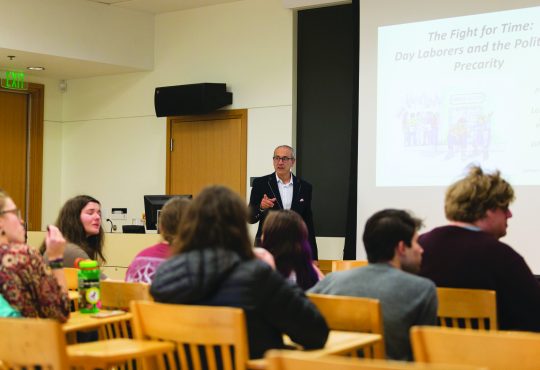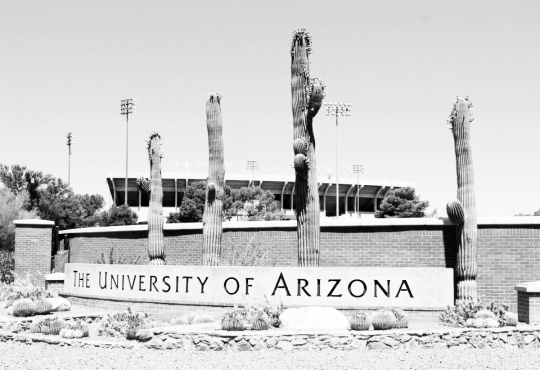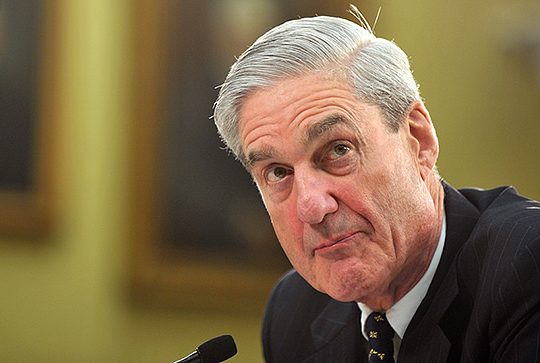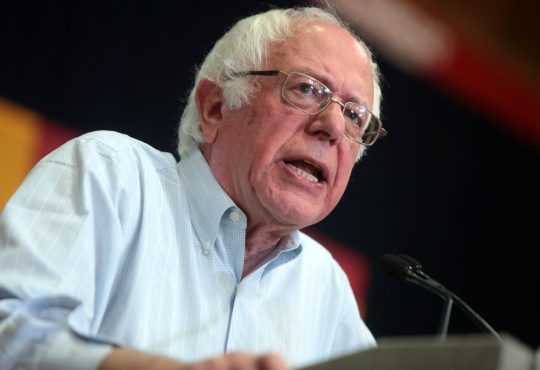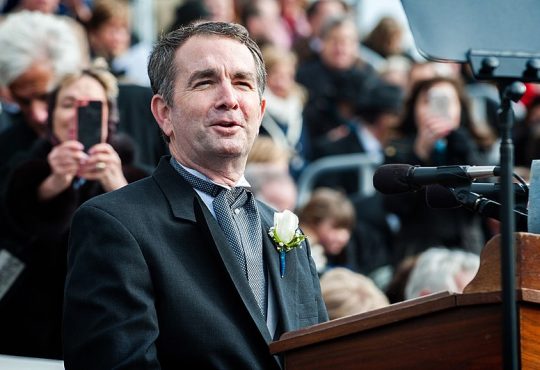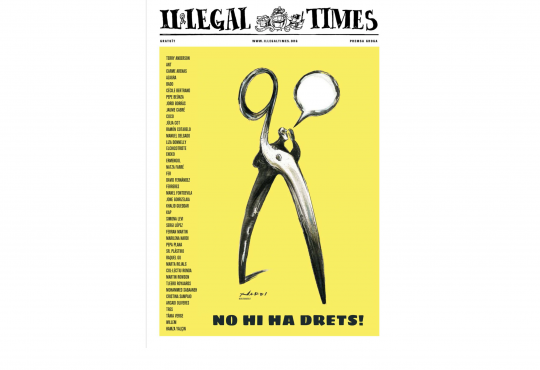If you are a young person with a shred of hope that our generation is politically powerful, this November’s election is crucial to achieving the change that Americans were promised with Obama’s election.
Two years ago, the United States saw one of the strongest unifications among the 18- to 24-year old age group (the age group also referred to as “Millennials”), when 68 percent of propelled Obama into office.
Recently, however, our age group has been less enthusiastic about defining themselves along the party lines that were crucial to a Democratic victory in 2008. This is a problem not only because it incorrectly portrays our generation as apathetic, but because it places Millennials’ typically progressive electoral power in the hands of an older populous whose more conservative ideals have led to the degradation of our political system.
A study done by the Pew Research Center shows that far fewer Millennial voters identify themselves as Democrats than they did in 2008. By the end of 2009, only 54 percent of college age people identified themselves as Democrats, as opposed to 62 percent during the election fever of 2008.
Scott Keeter, the director of the Pew Research Center, speculates that the loss of confidence may be due to the recession and its aftermath, which has been affecting the college-age group with particular force (NYT).
The New York Times online has a visual of what this election will look like. The House Democrats and the Republicans both have exactly 168 seats solidly within their reach. To achieve a majority, however, the Democrats need not only to secure the 46 that are leaning towards the left, but would also need to win over at least four of the tossups.
This presents a problem for all of Obama’s supporters who believe in the ideas and policy changes he promised to make.
Without a majority in both the House and Senate, the changes that were voted for in 2008 will never be realized. With the college vote up for grabs, the weight of older, “redder” votes will overwhelm the progressivism of Millennials.
This election will determine whether or not the Employee Free Choice Act passes, clean energy source standards are set, insurance is made available to all Americans, jobs are created for one million people, amongst other monumental goals.
For the 76 percent of Puget Sound students who do not live in Washington, remember to follow the political action in your hometown. It is where your voice can make the biggest difference. It is easy to keep track of local politicians online. Even calling home to discuss the candidates with your parents may help you make a decision.
November’s election will answer the question: “Why did Americans vote for Obama?” Was it because he presented an alternative to the homogeneous presidents of America’s past, or because his goals are congruent with what this country truly needs? Swallowing your pride and voting within the traditional two-party system, however cringe-inducing, is necessary. We need young people to speak out, even if it takes shape under the partisan language of our democracy.

